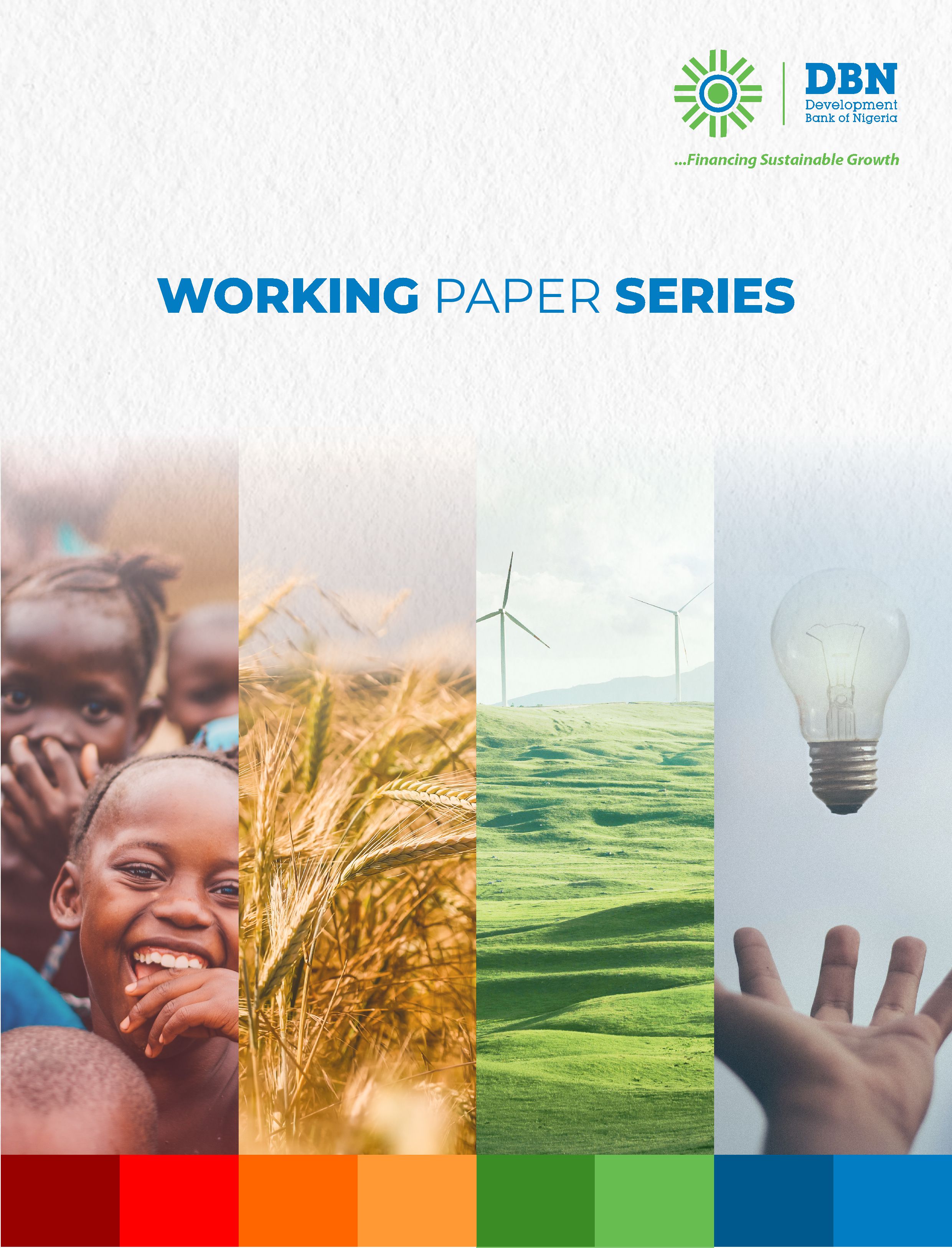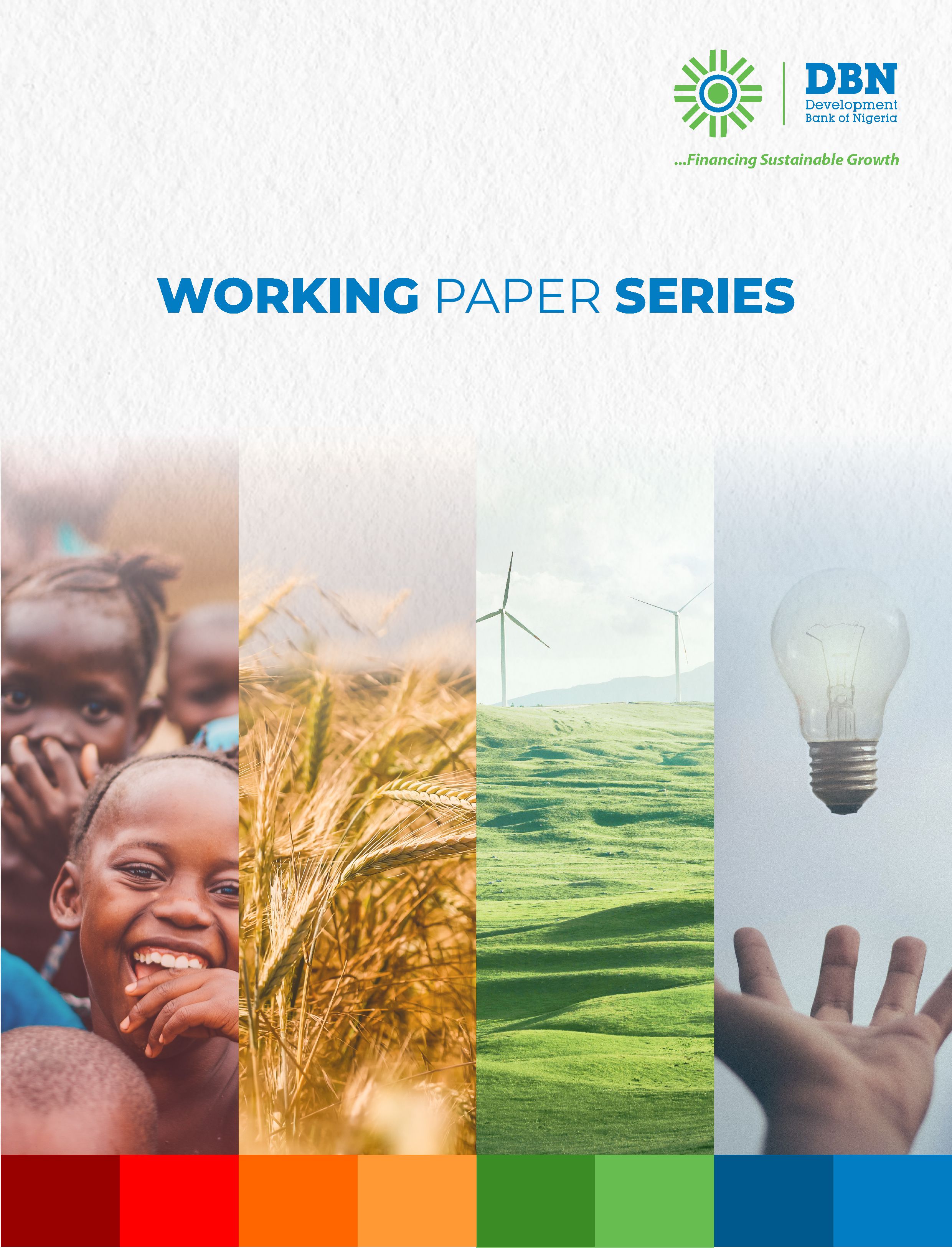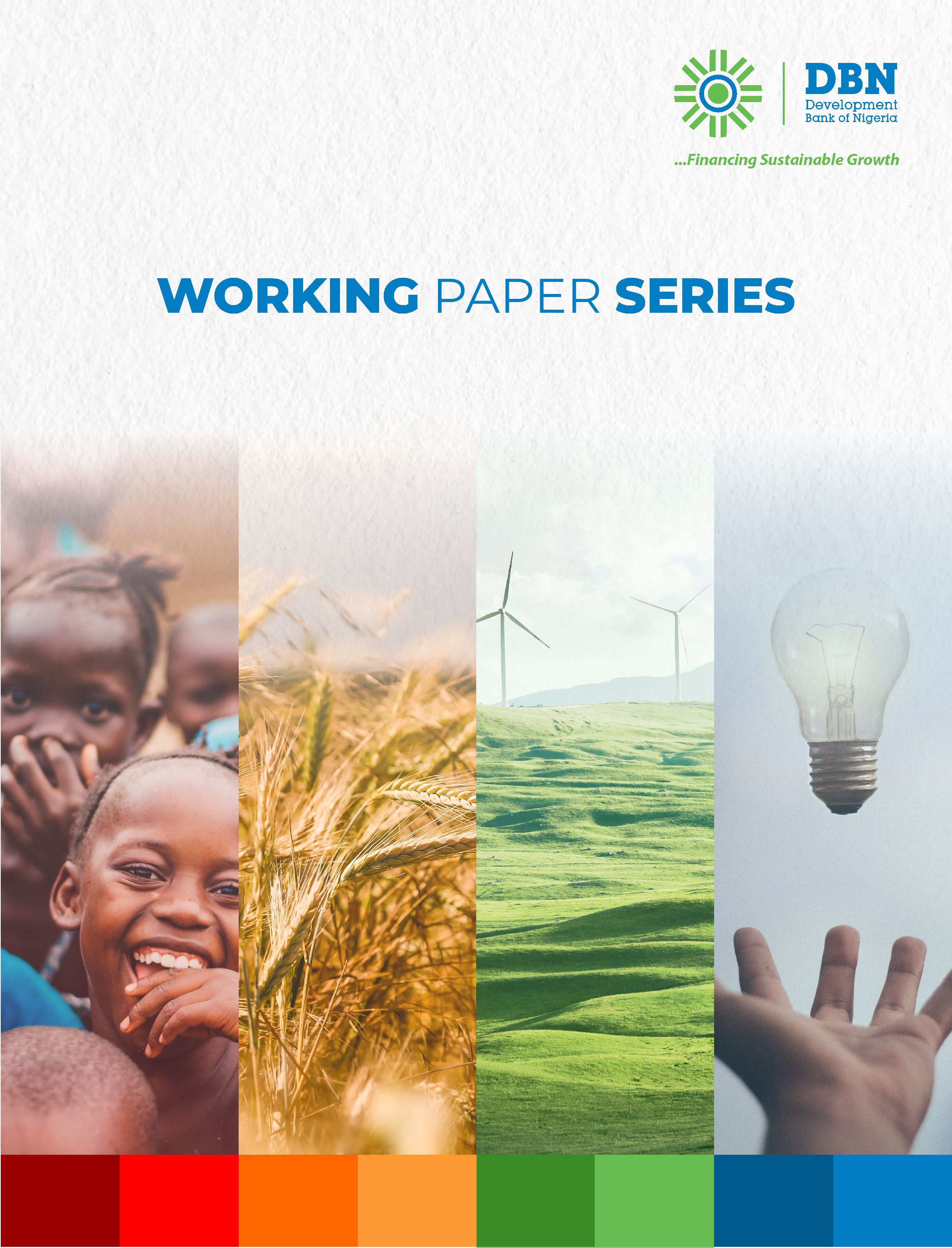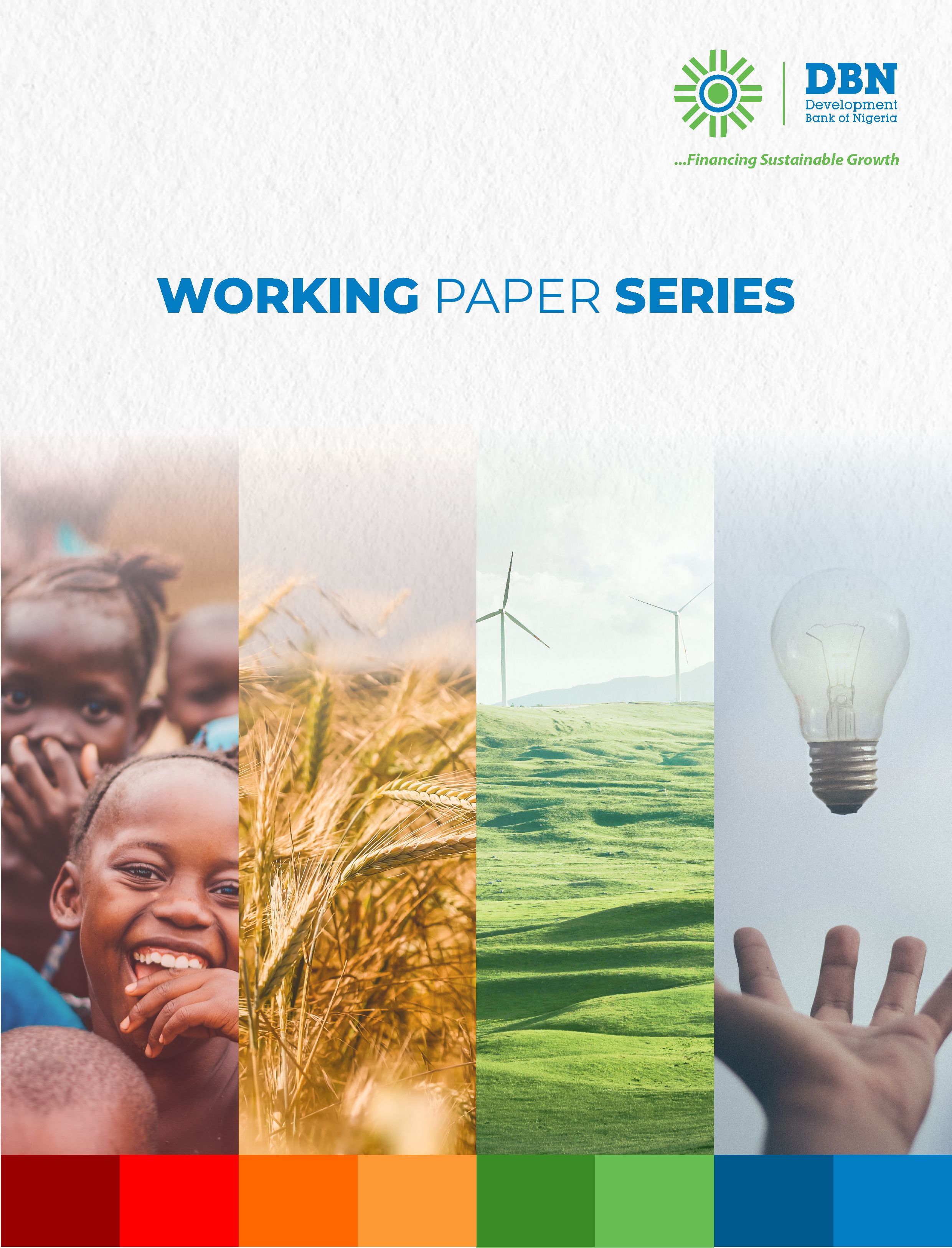
Publication Information
Published by: Admin
Published: 1 year ago
View: 332
Pages: 37
ISBN:
Abstract
Amid Nigeria’s economic growth and energy challenges, the escalating public debt levels and persistent energy poverty raise critical questions about their potential impacts on the environment. Given the potential conflict between economic development, energy poverty alleviation, and ecological conservation, it becomes pertinent to understand whether increased public debt and efforts to address energy poverty inadvertently contribute to or alleviate ecological imbalances within the country. Hence, this research investigates the effect of public debt and energy poverty on the load capacity factor (LCF) in Nigeria. Using the STIRPAT model and annual data from 1990 to 2021, the study explores the relationships among total public debt, energy poverty, gross domestic product per capita, urbanization, and LCF. Descriptive analysis, correlation assessments, and unit-root tests precede the data analysis conducted with the autoregressive distributed lag (ARDL) model and dynamic ARDL (DARDL) technique. Key findings reveal significant negative effects of urbanization and energy poverty on LCF. Additionally, the ARDL and DARDL procedure highlights a positive long-term relationship between public debt and LCF. Both ARDL and DARDL analyses show a negative short-term relationship between GDP growth per capita and LCF, signaling the need for sustainable economic practices. The study concludes with policy recommendations that aim to promote sustainable development and address ecological imbalances by tackling energy poverty and public debt challenges in Nigeria.
Chukwunonso Ekesiobi Mr
Stephen K. Dimnwobi Mr
Kingsley I. Okere
Uju Regina Ezenekwe
Related Publications

VOLUME 7 ISSUE 2 2024
Female unemployment and the procedure that a woman has to go through to start a business: microfinance policy thresholds

VOLUME 7 ISSUE 2 2024
Sustainable urbanization and vulnerability to climate change in Africa: Accounting for digitalization and institutional quality

VOLUME 7 ISSUE 2 2024
Foreign direct investment and Renewable energy development in sub-Saharan Africa: Does governance quality matter?
